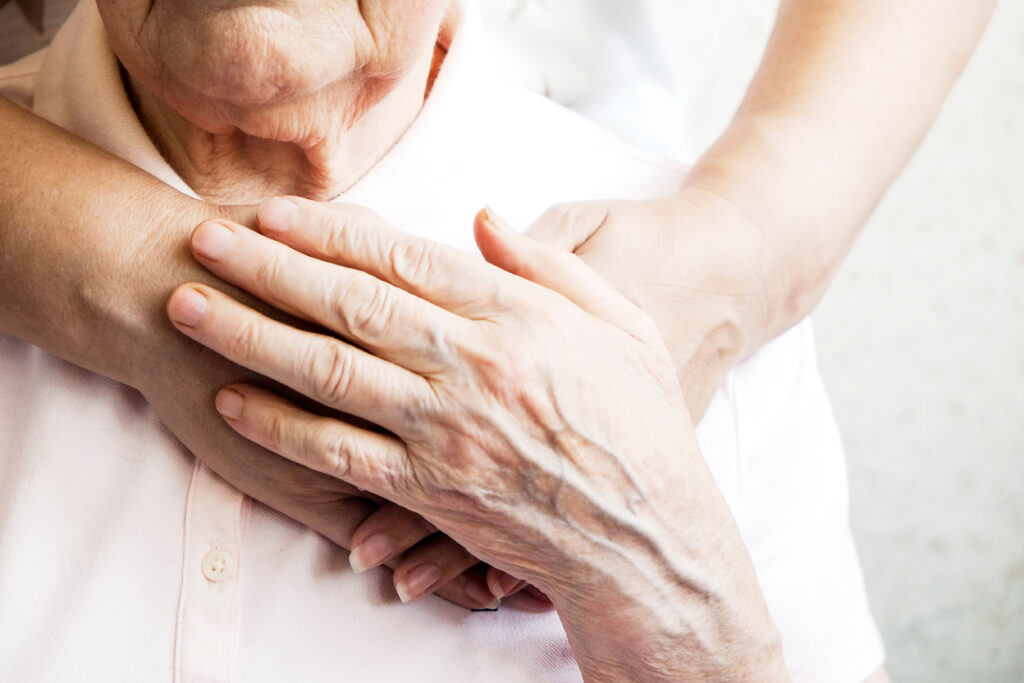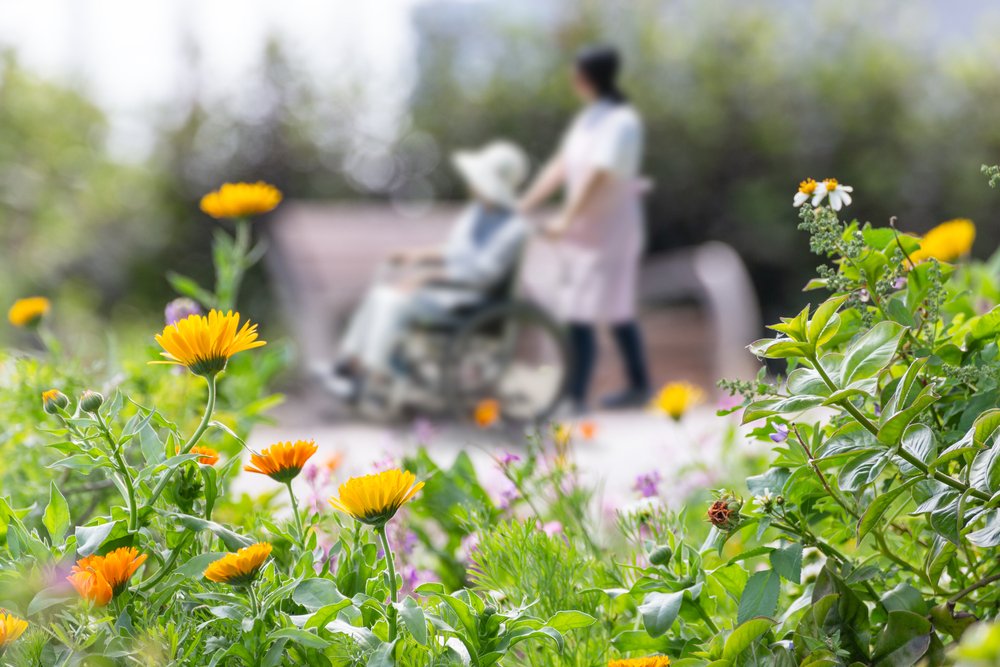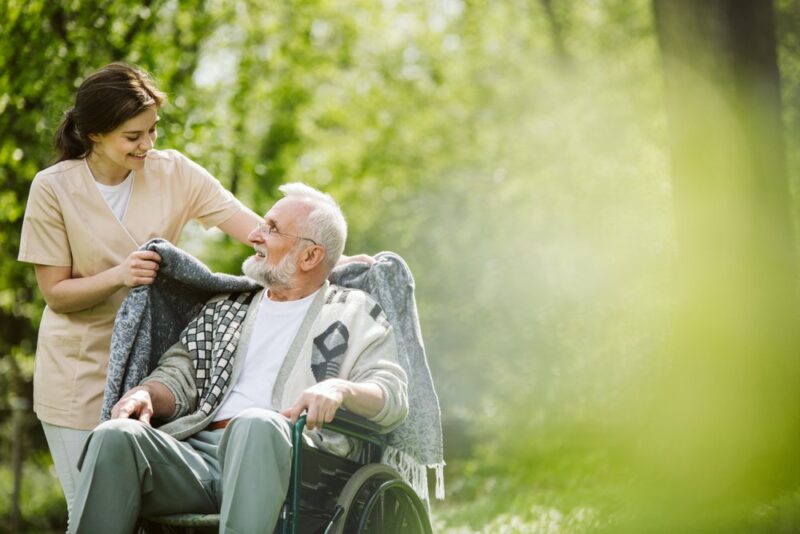If you have a senior citizen in your life who you provide care for occasionally, you may start to hear people refer to you as a caregiver. If you’re curious as to what this title means, this article will help. Read on to find out what “caregiver” means and how the term applies to you and the person you’re helping.
Family caregiver
According to Johns Hopkins Medicine, “a caregiver is a person who tends to the needs or concerns of a person with short- or long-term limitations due to illness, injury or disability.”
Many of you reading this may better relate to the term “family caregiver.” A family caregiver is someone who cares for a family member (or their chosen family). “This could be members of their congregation, neighbors or close friends,” Johns Hopkins Medicine adds. “Family caregivers play a significant role in health care, as they are often the main source of valuable information about the patient.”
Jeanne Leising, regional vice president of health services at Landmark Health, reiterates that her company refers to caregivers as relatives, neighbors, and friends who provide a senior citizen support in the home.
“Caregivers spend many hours caring for and assisting a person with their day-to-day needs and most often do so without pay, training, or support,” Leising adds.

Why become a caregiver?
We know that many reading this didn’t exactly choose to become a caregiver to a loved one. It’s more likely that you decided to take the caregiving role because you care about the senior in your life.
“Family caregivers assume the caregiver role because of their family relationship with a loved one who now requires caregiving assistance. Love is the primary motivation. Duty is another significant motivation,” Dr. Aaron Blight, Ed.D., founder of Caregiving Kinetics and author, says. “A decision to receive caregiver training is based upon love, duty, a responsibility to care, and the perceived need to learn how to care.”
Leising agrees that most people don’t choose to become a caregiver. It’s almost always an “assigned role” that a person takes “based on the needs of their loved ones.”
Because most family caregivers aren’t trained medical professionals, they could benefit from training, Leising adds. If you choose to take an online or an in-person training course, make sure it covers topics like:
- Senior skin care
- Toileting
- Wound care and dressing changes
- Special diets (e.g., low salt)
- Dementia and Alzheimer’s knowledge
- Courses on understanding non-verbal cues
- Medication management
- Caregiver self-care

What to remember as a caregiver
Family caregivers should remember that although they are working hard for little (or most likely no) money, their job is essential to the senior in their life.
“Caregivers play a key role in the ecosystem of care at home – they help another person with the tasks of everyday life,” Amy Flaster, chief medical officer for ConcertoCare, says.
“Good caregivers are trustworthy, flexible and reliable. They show respect, patience, empathy and compassion toward the person they are caring for, and they respect that person’s home and property.” She also notes that caregivers must “maintain the dignity of the person for whom they are caring [for] at all times.”
However, Flaster adds that caregivers must remember that it’s okay to seek outside help, such as additional physical or emotional support if they need it. Remember: It’s okay if you can’t do it all!

